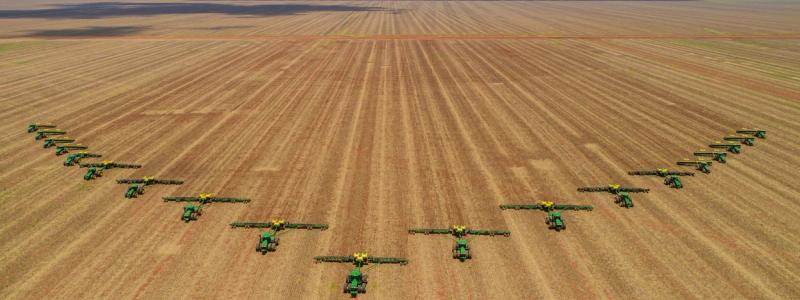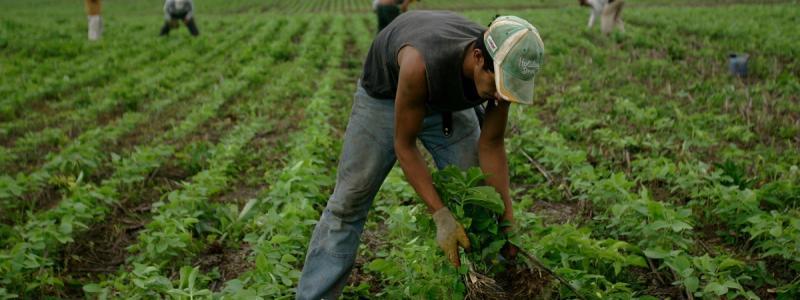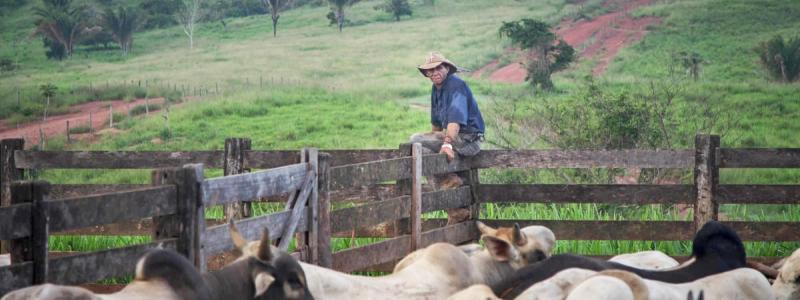The supply chains of Argentinian soy exports look very different depending on the specific soy product being exported: bean, cake or oil. For example, when it comes to soybean exports, about 16% of total exports, the vast majority (82%) went to mainland China in 2018. This market is served almost exclusively by coastal ports like Bahía Blanca and Necochea, and the beans are mostly sourced from the Pampas and Espinal biomes, where there is no recent deforestation.
In contrast, Argentina’s soy crushing capacity is concentrated around the inland ports of San Lorenzo and Rosário on the Paraná River. Cake and oil – representing 70% and 14% of exports, respectively – are sourced from a much larger area of Argentina, including the Chaco, or crushed from imported soy brought downriver from Brazil and Paraguay. The deforestation risk associated with these products can therefore be much higher.
Soy cake is exported to a far broader range of markets than soybeans. The biggest buyers of soy cake are the European Union (which took 6.2 million tonnes, or 32%, of cake exports in 2018), Vietnam (2.2 Mt or 11%) and Indonesia (2.0 Mt or 11%). The export markets for soy oil are different again, dominated by India (1.6 Mt, or 43%, of oil exports in 2018), followed by Bangladesh (0.55 Mt or 15%) and Peru (0.3 Mt or 8%).
This differentiated sourcing has a strong effect on the deforestation risk exposure of these markets. While the absolute levels of deforestation associated with soy exports is low, exports to the EU in 2018 were associated with nearly five times as much deforestation risk as exports to China: 546 hectares, compared to 130 ha.
While these patterns were roughly consistent over 2016–2018, they may soon change. In particular in 2018, China imported a substantial quantity of soy oil (0.24 Mt) from Argentina for the first time, and recently approved imports of soy cake.









